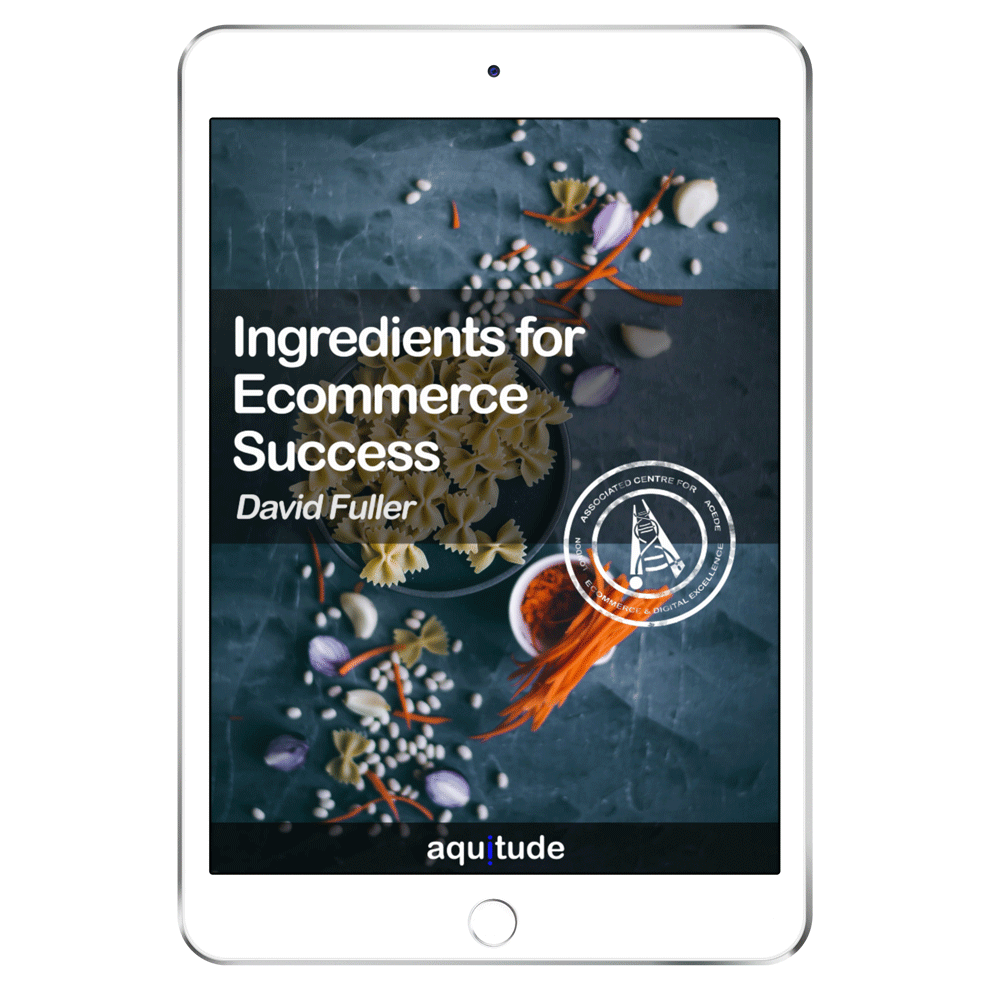
Several recent events in Dubai billed as training have focused on the technical side of Ecommerce – outlining some of the functional benefits of various plaforms like Shopify and Magento. However many Digital shop projects fail because there is a rush to get to market which causes large and costly mistakes to be made.
While it might sound corporate and unnecessary, defining the goals of a project up front can help you and your partners with scoping and building a solution with return on investment in mind.
What ingredients do you need for an Ecommerce project?
Planning an Ecommerce Project.
These are the top-line steps that you should go through before you start thinking about technology and solutions. This approach assumes that you have already done a business plan and you know what your products and services are, your pricing models, your customers and market and an initial assessment of the competitive environment. Without these, the next part will be difficult.
- Define your project vision
- Define your project objectives
- Define your project KPIs
- Define your project requirements
Vision
Your vision needs to be YOUR vision. Too often a vision is something generic that is ultimately meaningless. Here is an example.
A stable and scalable platform that is the cornerstone of a consistent Brand experience and User Journey. To enable flexibility and efficiency and support key business strategies including Data and Customer Intimacy to drive lifetime value.
This statement should be referred back to in all the other phases of the planning process. If something that is being recommended or asked for does not help to deliver the vision, then something needs to be reworked.
Objectives
Objectives help to break the vision down into achievable pieces. Different stakeholders will have different objectives. For example, you might have objectives that relate specifically to the experience:
- Mobile First
- Relevant (Personalised) experiences based on previous and real time user behaviour
- Localised – Multilanguage Support
- Adhere to Brand Guidelines, Style Guide and Visual Library
- Page load speed priority.
These are different, but no less important than commercial or business objectives which might look like:
- Drive 25% sales through online by 2021
- 70% of customers to use the website before they make a purchase through any channel
- Achieve over 6,190 online sales in this calendar year
KPIs
Objectives are great, but in order to know whether or not you have been successful, you need to have things to measure. Ideally, each of your objectives would be measurable. So if one of the objectives is to reduce costs, then measurements like ‘number of calls to the call center’ or ‘sales department salaries’.
KPIs can also be determined from market or industry benchmarks. Conversion rates, bounce rates, returns or NPS can be used from publicly available data.
Requirements
We will devote an entire article to effective requirements gathering, but the point of requirements is to help you define the scope of the project now and in the future. It is fundamental that requirements are known and ideally prioritised before making a decision about technology and solutions. If, for example, your main requirement is to display you store in Arabic and English, then this could determine whether or not a particular platform is suitable or not.
Requirements are not just functional. There are non-functional requirements, technical requirements and others that are just as important as the functionality of the website or solution. For example, a company might have policy requirements relating to security or Open Source technology, there may be requirements that relate to regulation and legislation – receipts need to be in Arabic!
Many companies use their requirements as a starting point to choose a solution. The more that a platform can deliver ‘Out of the Box’ without any customisation, the more suited it is for the project.
Scoping
If you are a large organisation the steps above can take months. Once you have understood the objectives, KPIs and requirements from Marketing, Sales, IT, Warehousing, sourcing and the board – then you can ask an Ecommerce solution provider – How much will it cost?
Asking – How much will it cost? without having considered all of the above leads to unreasonable expectations.

Book: Ingredients for Ecommerce Success, by David Fuller
Before you begin your Ecommerce project, make sure you have all the things you need.
Just like a TV Chef, who prepares all the ingredients beforehand, prepping the things you need for an ecommerce project will help you start selling online faster and with greater success.
Written by Aquitude’s Chief Digital Officer and Senior Ecommerce Trainer – David Fuller. This book contains tips and exercises from real-world experience with large and small ecommerce projects.